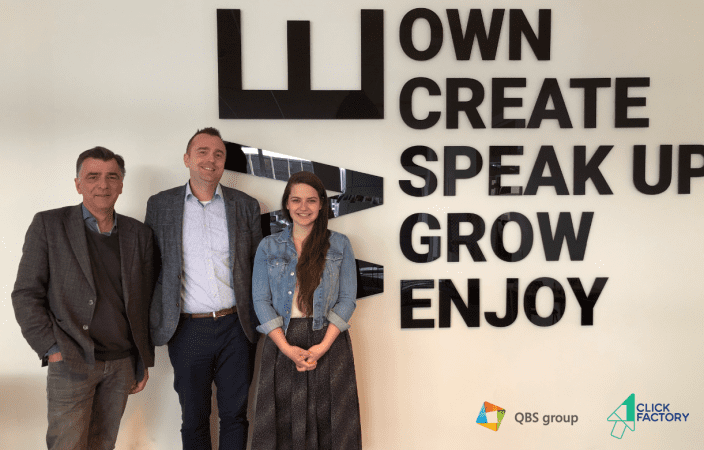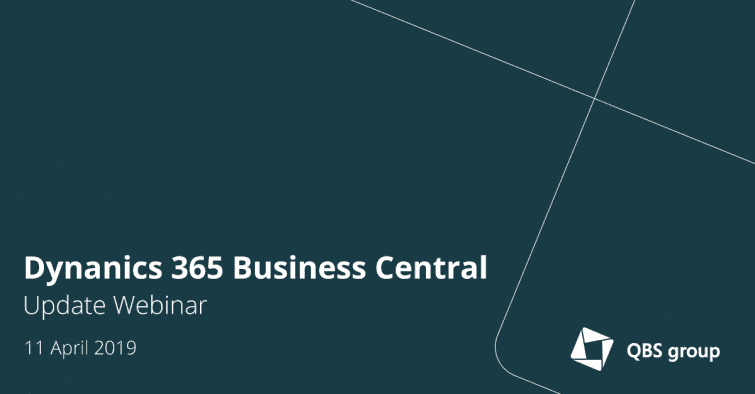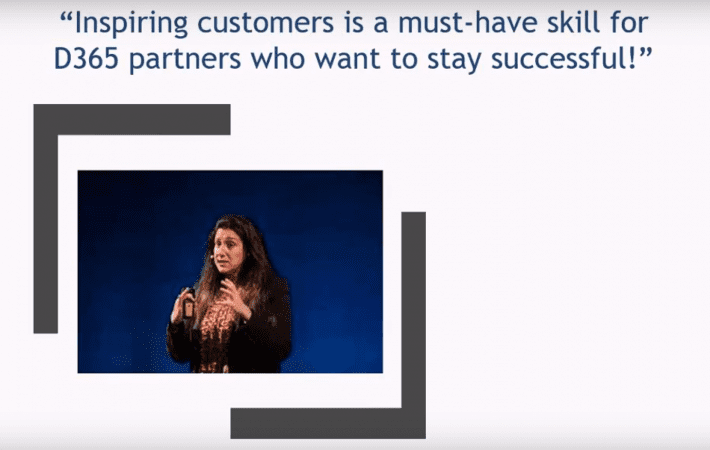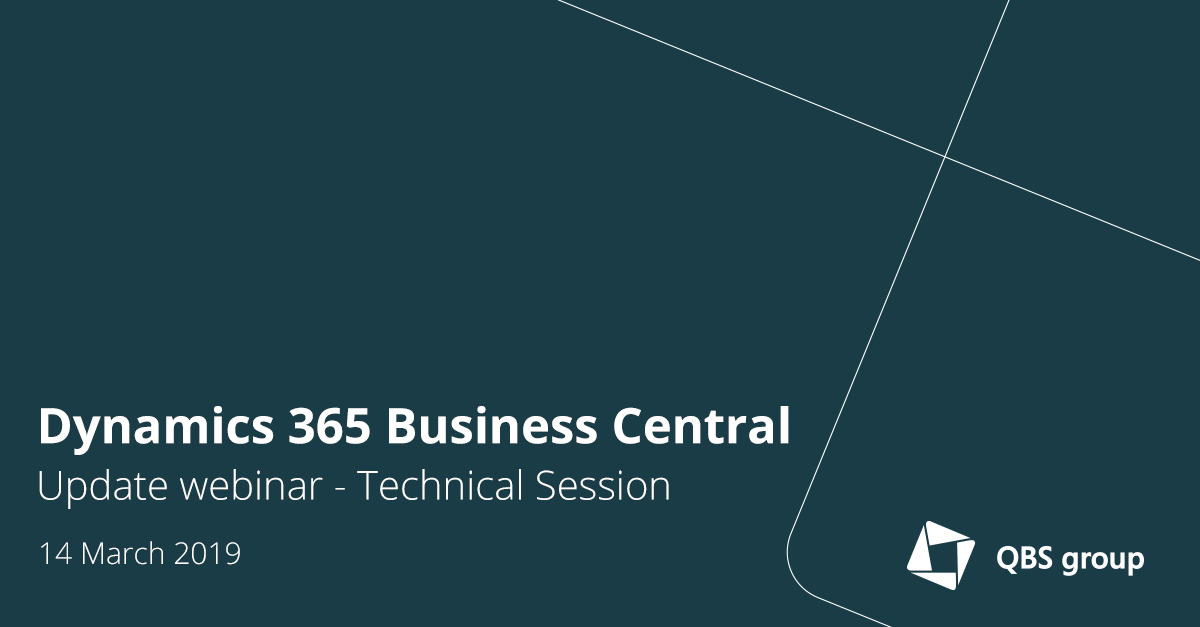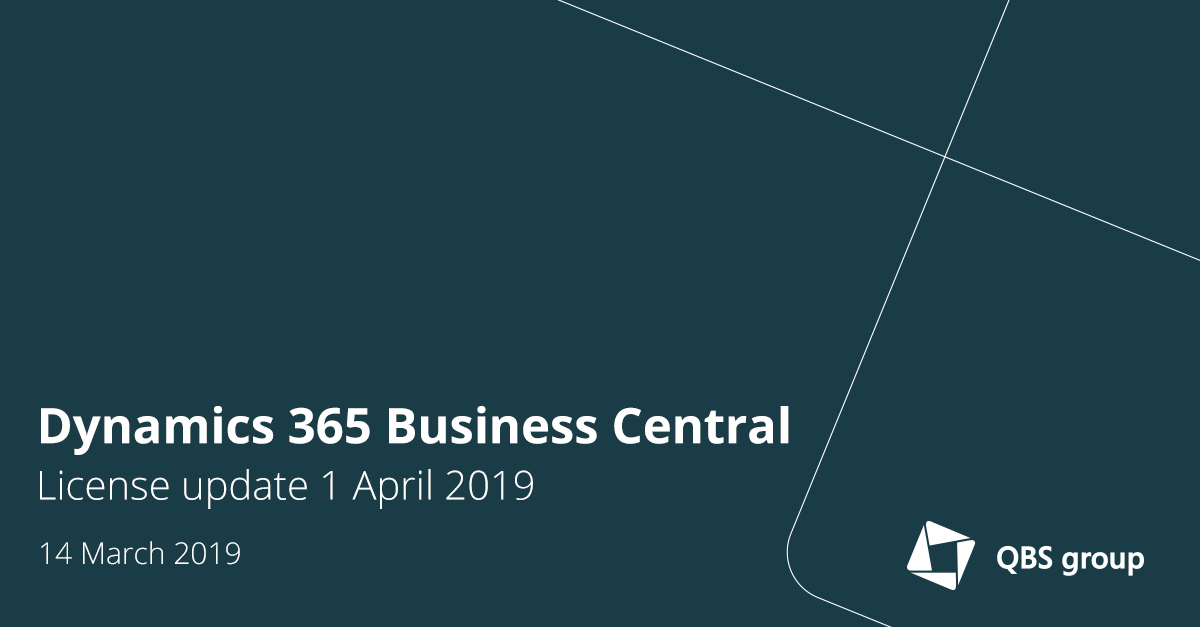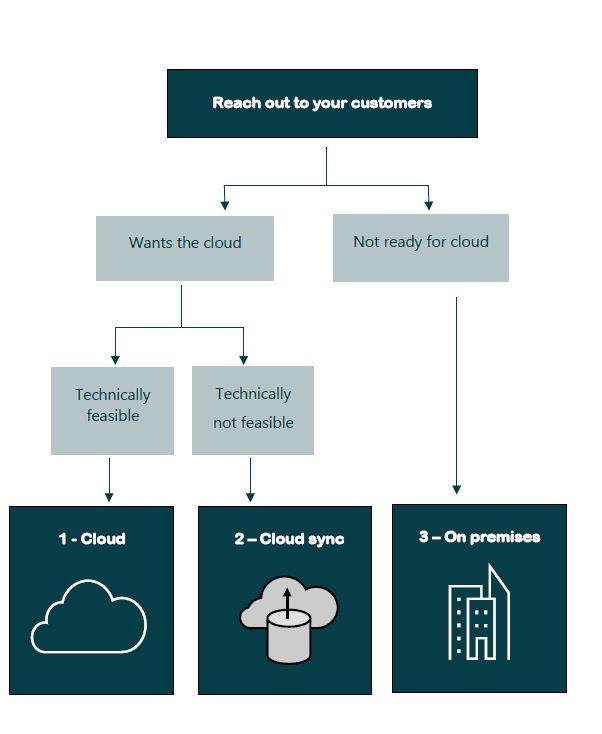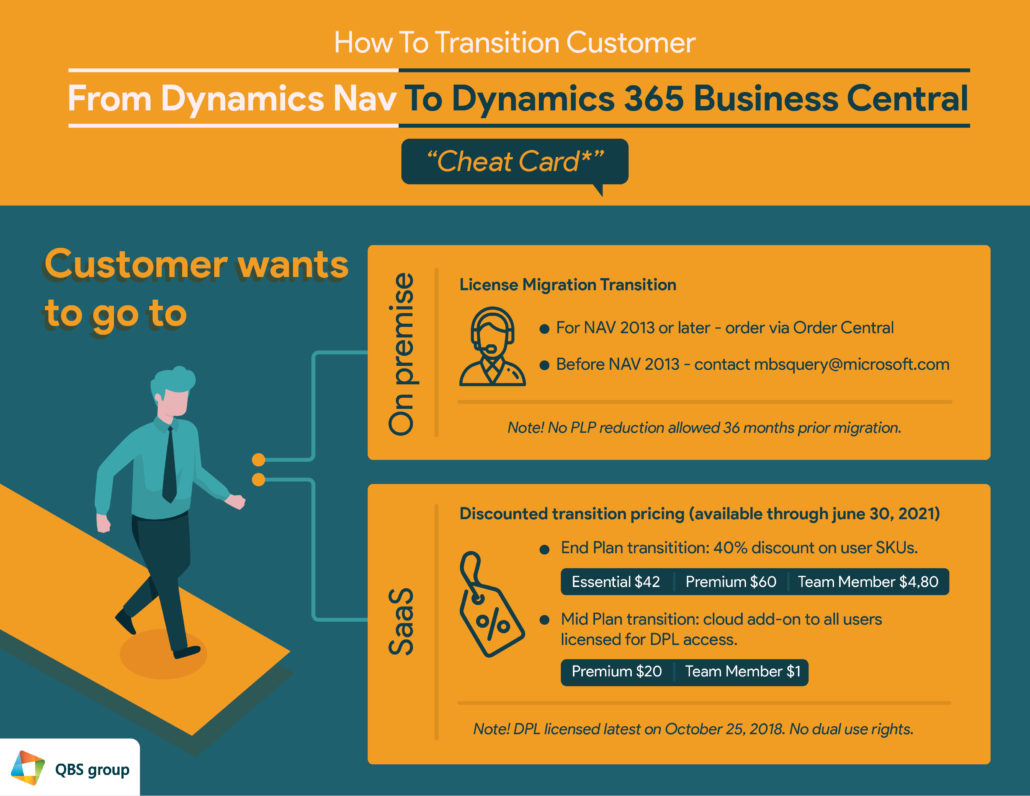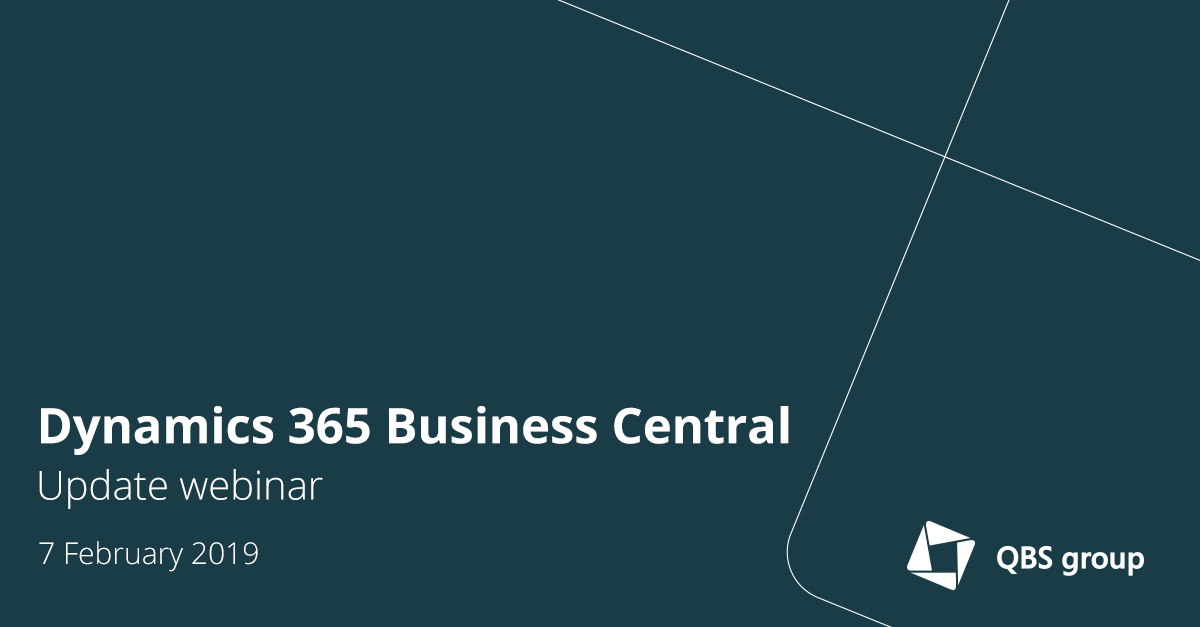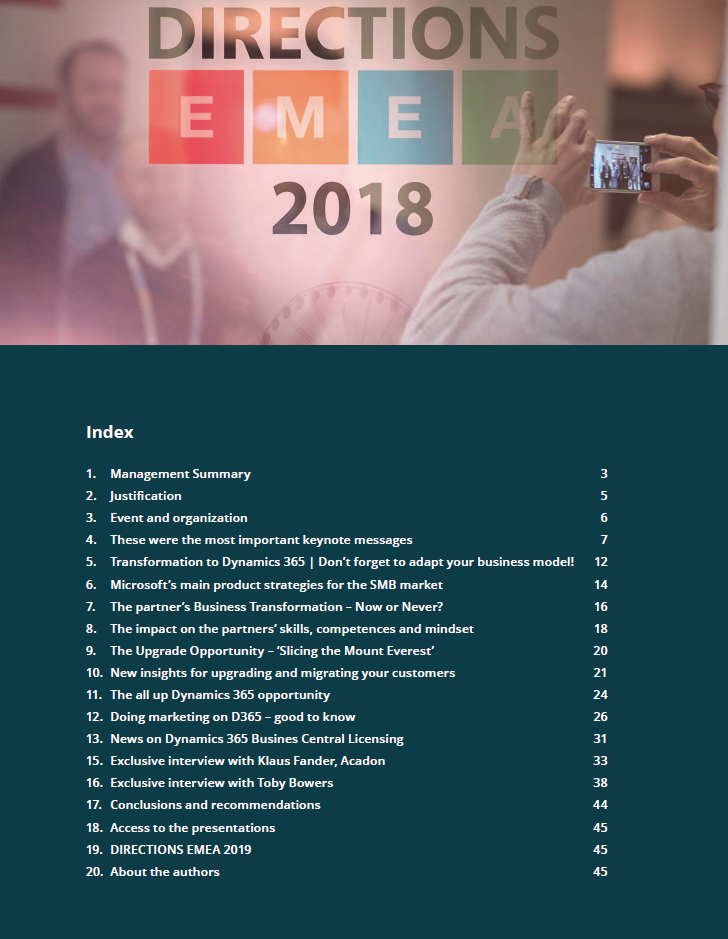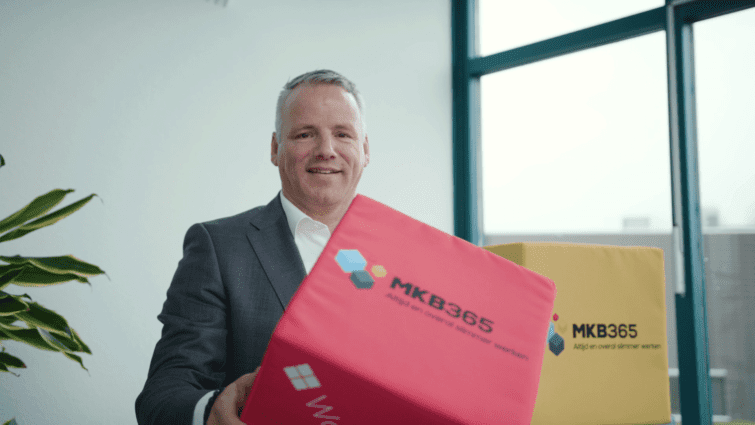Are you looking for expansion options for your current business? Or do you dream of starting (and running) your own business? Are you held back because you haven’t yet found out which product or service you should offer to which type of customers? Then here is my suggestion: Take a look at Microsoft Dynamics 365. Consider starting or expanding your business as a Value Added Reseller (VAR) or an Independent Software Vendor (ISV). The timing may be perfect just now. Here is why:
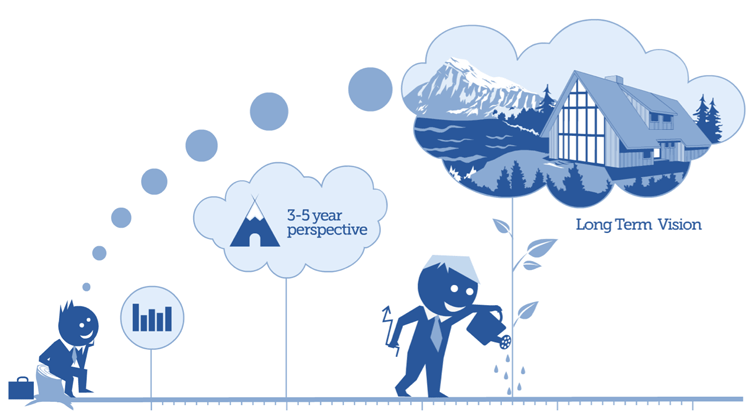
Reason 1
All types of companies all over the world are currently considering how they can take advantage of the digital transformation opportunities offered by cloud-based solutions. Their objectives are to reduce capital expenditure and improve productivity, profitability and competitiveness. This movement has been going on for a while and I believe that we are approaching the infliction point where the adoption enters the steep section of the S-curve.
Reason 2
Microsoft, the world’s biggest software company, is currently investing billions of dollars in extending its broad suite of cloud-based business applications for the SMB-market: Microsoft Dynamics 365. The objective of the investments is to serve the needs for digital transformation. Their go-to-market approach is to use VARs and ISVs to complement, implement, and support the solutions.
This shift in the market and the industry is offering opportunities for new insurgents. The “new kids on the block” are not tied to the legacy of the on-premise business model and the skill set it requires. The insurgents can build their business models from scratch and match the needs of those customers prepared to move to the cloud now.
We don’t all embrace innovation
The fewer “new” you have in your business model they less risky is your endeavour.
- Three new: A new company offering new services to new customers is the riskiest scenario.
- Two new: Offering new services to new customers from a recognised company already have much better chances for success.
- One new: Offering new services to existing customers or current services to new customers have the best odds for success.
You can leverage your domain expertise and expand your services to customers with a preference for Microsoft Dynamics 365. Or you can grow into new areas of the Dynamics 365 application suite offering your current customers new services.
Why most new business ventures fail
Starting a new business venture is a risky business. According to most sources on the subject, 90 per cent of all startups fail and I will claim that existing businesses launching new initiatives into new markets share the same characteristics.
Take the Apple Newton. Launched in 1993 and defining the new category Personal Digital Assistant it failed miserably and was removed from the market in 1998. Costing an investment of $100M even a company like Apple ran out of budget to support it and Steve Jobs killed it upon his return.
Startups and new business ventures fail for a combination of numerous reasons and recent research reveals what those reasons are.
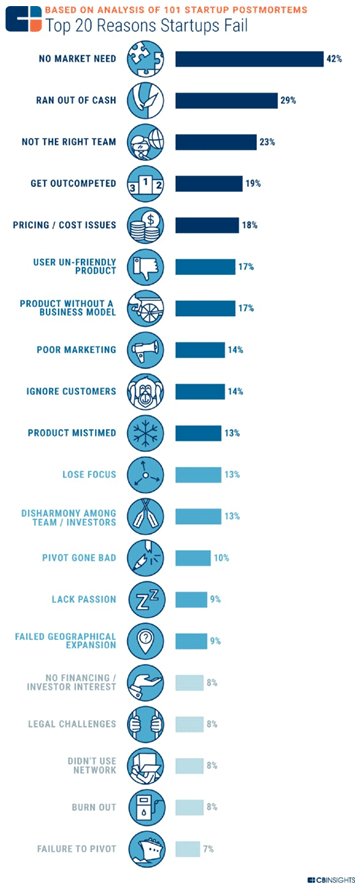
No product/market fit
The primary reason (42 per cent) for failure is that there is currently no pressing need for the product (or service).
With thousands of customers already using Microsoft Dynamics, we can conclude that there is a compelling and recognised need in the market. From a product perspective, a VAR-initiative serving this market can jump the entire product/market-fit stage, and an ISV.startup can accelerate the proof-of-concept.
You will still need to develop a compelling value proposition for the services that you believe will attract customers and make them choose you, but with Microsoft Dynamics, you eliminate the risk that there is no market need for the product.
Out of cash
Close to 95 per cent of all ventures are funded by the owners.
The five per cent of startups that does receive funding from Business Angels and VCs are those that can potentially turn $1 million into $100 million. When such companies raise money, you can read about them in the newspapers, magazines, and on blogs. Because such deals are rare and thus, news!
So when 29 per cent of failing ventures claim that they ran out of cash, they are primarily referring to their own money and not somebody else’s.
When you don’t need to spend time developing a product from scratch and running through several iterations before you know whether there is a market or not willing to pay for it, then you will have more cash left for testing and fine-tuning your value proposition and your marketing, lead generation and sales approaches.
In a market where customers want standard products delivered from the cloud in a subscription-based format only companies that can figure out how to win new projects, with low customer acquisition cost and short sales cycles will proposer.
The design of a productive revenue generating formula becomes just as important as finding the compelling value proposition.
Most new business ventures that develop their product from scratch never get to that stage because they run out of budget.
A venture building a business on Microsoft Dynamics 365 can focus their limited cash resources on finding a revenue generation model that works.
Not the right team
When you don’t know exactly where you will end then it is hard to decide which skills are required to get there.
Starting a business venture with Microsoft Dynamics 365 as the core component simplifies the job of setting the team considerably.
First and foremost you need to understand your customers and how digital transformation can help them become more productive, profitable and competitive. Some customers expect you to have industry insight before the first meeting some do not. However, they all assume that your learning-curve on understanding their specific issues are very short. Thus is a major advantage and a substantial portion of business acumen will bring you ahead of the game.
Then customers expect you to be an expert on the products you offer and, that you can guide them in how they can use these products with as little customisation as possible and how they can standardise, simplify and optimise their business processes along the way. Thus you need people who understand the details of what Microsoft Dynamics 365 offers.
Finally, they expect that you can help them set up and integrate the various modules to form a coherent application suite with no need for data redundancy. Thus you need the technical skill set required to configure and integrate software systems.
Across these disciplines, you need to master business development, marketing, lead generation, sales, project management, training, documentation and support.
If you have ambitions of becoming an ISV, then you need additional skill sets covering product development, product management and product marketing. If you want other resellers to sell your solution, then you need to add resources for partner recruitment and management.
Being the only company in the world offering a specific value proposition (lex Newton) has shown to be a significant disadvantage. Building a business within the Microsoft Dynamics 365 ecosystem provides multitude sources of inspiration and offers opportunities for cooperation with other partners that can complement your skill set.
Get outcompeted
People around the world get the same ideas at the same time. Then they start the race for market leadership. 20 per cent of startups claim to be outcompeted.

If you are attracted to starting or extending your business helping SMBs with digital transformation, then you are facing a need for massive investments. Customers want off-the-shelf functionality supporting business processes across their organisation. They want analysis and visualisation tools that can help them better understand data and enhance all the building blocks in their business model. They want mobile apps for staff on the road and to better serving customers. And they do not want to manage a host of suppliers to
achieve these benefits.
Building your business on top of Microsoft Dynamics 365 allows you to surf one of the biggest waves in the world. You will have thousands of developers steadily improving the software platform and striving to keep you ahead of the competition. You will be supported by a marketing effort that hardly anyone in the industry can match.
The chances of being outcompeted with Microsoft Dynamics 365 as the core of your value proposition are minimal.
Pricing/cost issues or CLV versus CAC
A subscription-based economy is a tough challenge for any startup. You have to fund product development from scratch and pay the Customer Acquisition Cost up front. Then you can enjoy the Customer Lifetime Value as time progresses. If you can get that relationship right fast enough.
According to the CBInsight research 18 per cent don’t get that relationship right and experience that the faster they run, the sooner they go broke.
New business ventures notoriously have high customer acquisition costs. Often because they have two marketing jobs to perform.
- Convince customers that they have the problem that your solution addresses
- Convince customers that now understand they have that problem to choose your (somewhat untested) solution.
Most new ventures face “the law of diffusion of innovation”. The law divides the market into five segments.
Although you can demonstrate that your solution provides an attractive and fast return on investment, the mainstream market, which represents 85 per cent of the total are reluctant to do anything just because you are new and they prefer to wait until a market leader has materialised.
Most new ventures have to work their way through the technology enthusiasts, and the visionaries (15 per cent of the market) and many never manage to make the journey across the chasm to win mainstream market customers.
Do the math.
Let’s say that 20 per cent of the market is in buying mode at any point in time, but 85 per cent will not consider your new solution. That leaves you with 20 per cent of 15 per cent = 3 per cent. No wonder that customer acquisition cost is high for new ventures.Building your business around or on top of Microsoft Dynamics 365 will help you jump and maybe even eliminate the chasm. Microsoft is already a market leader. You remove a considerable chunk of risk for the mainstream market customer.
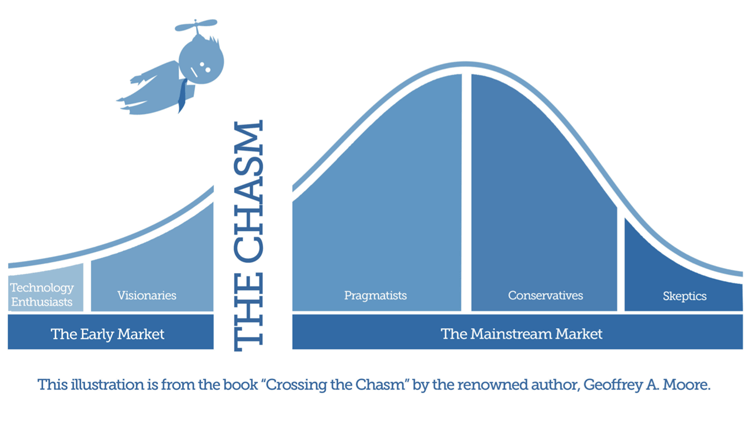
Are there no drawbacks?
Microsoft has thousands of business partners. Is this market not the red ocean?

The reason that Microsoft can entertain thousands of business partners offering the same products is the opportunities for differentiation around and on top of their Dynamics platform. Dynamics 365 is not a hit and run type of business, where competition drives a race to the bottom. The value for the customers comes from close cooperation between the customer and the business partner. It’s the value-add that the business partners offer that determines the return on the investment in the new ERP-platform.
The opportunities for differentiation from consulting services and product extensions are infinite. And just now, with the shift from a prepaid and perpetual license model and to a cloud-based subscription economy, there are plenty of blue ocean opportunities.
Being a Microsoft reseller is a service business. Isn’t this hard to scale internationally?
Service businesses are usually considered harder to scale than product businesses. If that’s true, then your service business is better protected domestically than a product business.
However, the main reason that only a few Microsoft business partners cross national borders is that they don’t have the appetite for running an international business with the additional management complexity it demands.
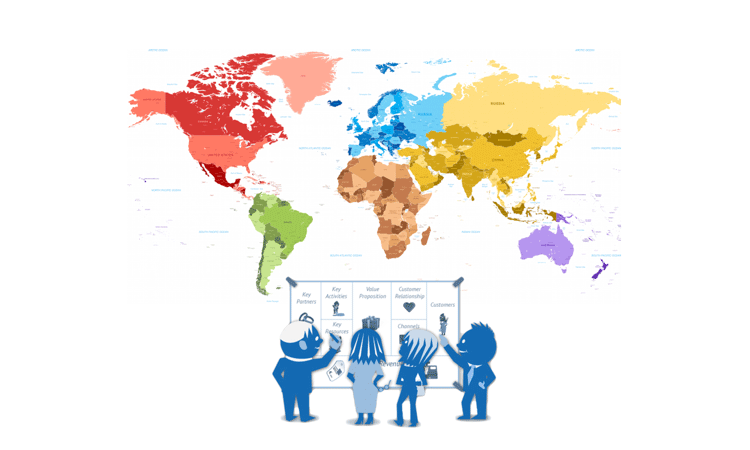
There are plenty of examples of Dynamics partners that have thriving international businesses. They enjoy the work that Microsoft has done in localising and making the Dynamics products available in all major markets.
If you have ambitions of scaling your business globally, then Microsoft has already done the groundwork and matured the market for you.
